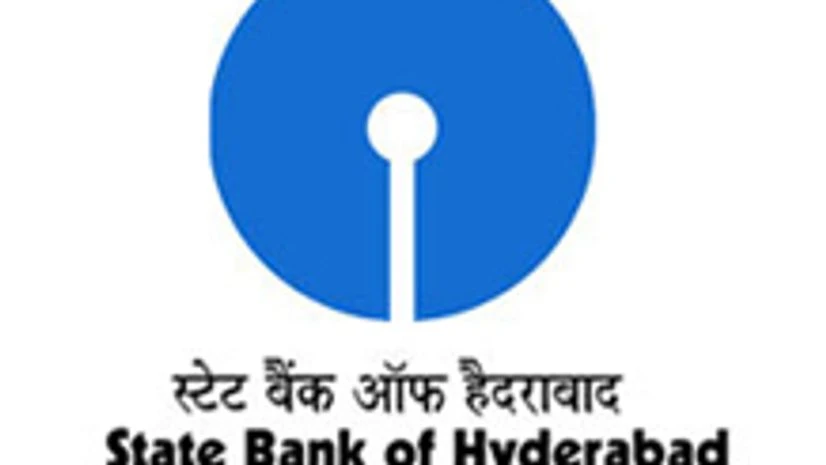“We are making all-out efforts to take the MSME advances’ share to 16 per cent by March 2014, as against 14 per cent in the previous year,” he said, adding the bank had already disbursed close to Rs 2,000 crore to the sector during the first six months of the current financial year. Rao was delivering his special address at a workshop on ‘Project appraisal for SME finance’ organised by the Confederation of Indian Industry (CII).
Stating that the bank had declared 2013 as the year of MSMEs, he said though collateral securities were a challenge in extending project financing, the sector would not be neglected or left out as the bank had centralised processes for MSME financing.
Earlier in his theme address, Y V Krishna Mohan, co-convenor, CII AP MSME panel and CEO of Surya Engineering Works, said the SME sector was facing challenges including lack of availability of sufficient financial support, besides heterogeneity.
“High interest rates are a deterrent. Besides, SMEs have limited access to equity capital. Hence, we are bringing in angel and venture capital investors, and private equity partners to help SMEs raise second and third round of funding to upgrade to newer technologies and reach scale,” he added.
Expressing similar views, Murali N Krishna, executive vice-president (corporate banking — Andhra Pradesh and Karnataka), Kotak Mahindra Bank Limited, said though a banker considered an SME as a startup company as there would not be any track records, cash flows from a large customer of the SME could be a risk-mitigant for the bank to extend financial support.
At present, the SME sector contributes eight per cent to the country’s gross domestic product, 45 per cent to the manufacturing input, besides accounting for 40 per cent of the country’s total exports. Around 26 million SMEs together employ 60 million people.
According to Rajat Kumar, commissioner (industries), Andhra Pradesh government, the state was going through a continuous turmoil since the last three years, including political uncertainties and disturbances because of the bifurcation issue, which had an adverse impact on the MSME sector.
“These factors should be built in the project appraisal. You (MSMEs) should foresee unforeseen situations before approaching for project financing,” he said, adding banks had internal targets to meet the requirements of MSMEs and had rewards for achieving them and also punishments for failing to meet them. “These work to the MSMEs’ advantage,” he said.

)
